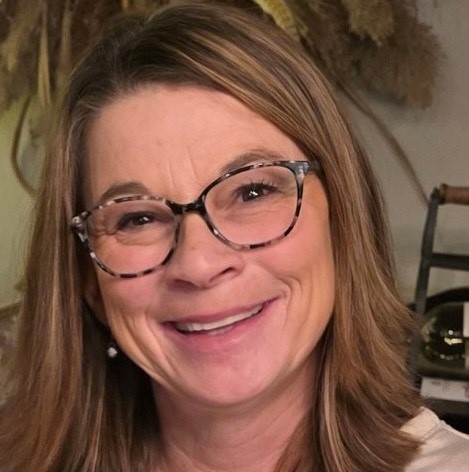 Barbara Carlson
Barbara Carlson
Barbara is a mental health case manager for Sherburne County.
“As a mental health case manager and having worked with person's who primarily have a diagnosis of schizophrenia, schizoaffective, bipolar or major depression with psychosis for the past 20 years, I have seen firsthand the impact of people not being able to get medication, missing doses and this resulting in hospitalization and loss of housing, employment and relationships. Many people I have worked with do not acknowledge their mental health diagnosis or have limited insight into diagnosis and are only agreeable to taking medications because they had been forced to take them, provided free samples to try, encouraged by providers they trust, or do not have to pay out of pocket for them. Thought disorders impact a person's insight into their illness and the possible need for medications and services such as assertive community treatment (ACT) teams, adult rehabilitative mental health services (ARMHS) workers, housing support, vocational services, and Community Access for Disability Inclusion (CADI) waivers, to name a few. Without Medical Assistance these services would not be available or would be available only at a cost. Without access to services and free or low-cost medications, I believe many of those I have worked with would likely stop taking medications if they had to pay out of pocket. Many that I have worked with are residing on Supplemental Security Income or Social Security Disability Insurance and have a limited income ($1,000-$2,000) to cover all their needs each month. Many people who do not have Social Security are living on even less income.”
“Research shows persons with mental illness die sooner than those who do not have a mental health diagnosis. The state actually did a pilot project years ago to increase life expectancy for those with a mental health diagnosis. This focused on ensuring people managed both mental health and physical health. I believe that with cut in Medical Assistance would result in more hospitalizations for mental health and conditions that could have been treated sooner. There are also many that rely on medical transport paid by Medical Assistance to get to appointments for care they are needing. Those receiving Medical Assistance can only have up to $3,000 in assets, which many are not even close to having. They would not be able to pay high cost for care, transportation and medications.”
“In working with mental health, the discussion of possible cuts to Medical Assistance has already stated to impact those I work with due to stress vulnerability. This stress has resulted in increased symptoms, need for more medication or emergency appointments and reduction in ability to work.”

